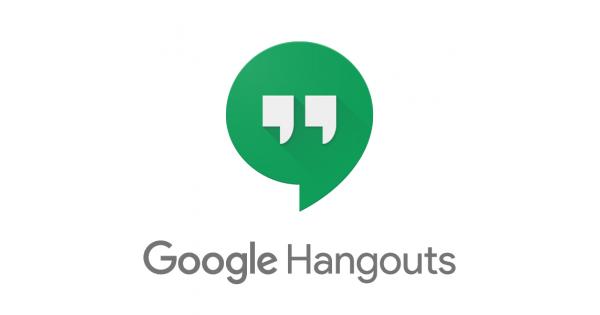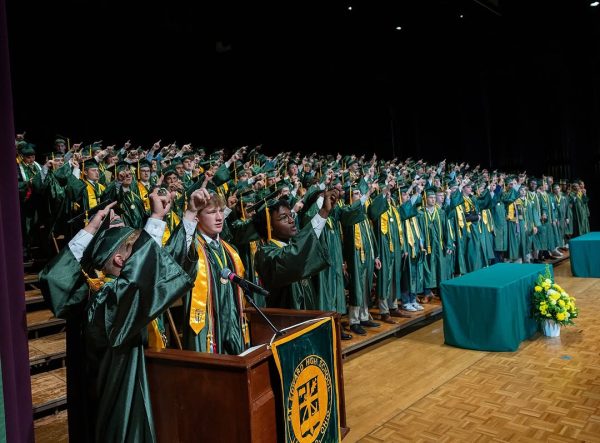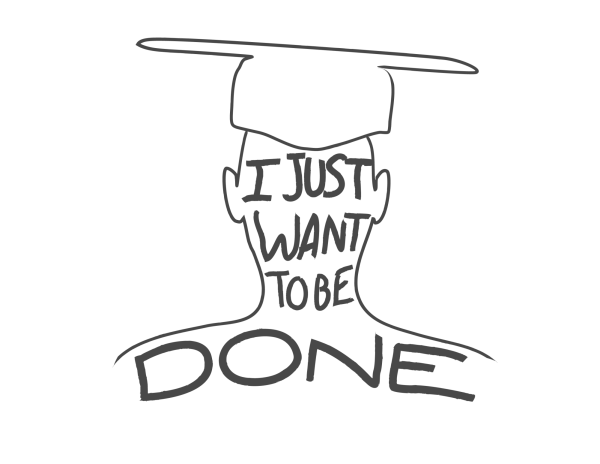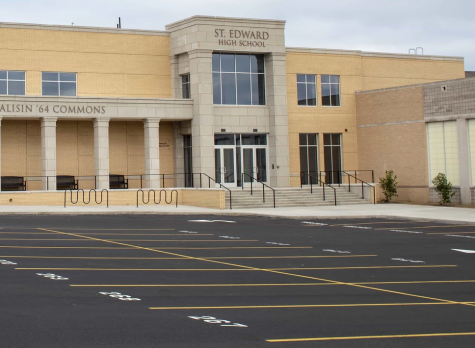Online School: The Quarantine Might Not Be as Bad as it Seems

Over the past four months of the 2021 school year, remote learning has been a necessity for the majority of students. Due to safety concerns, whether that be concern for the virus by a specific student or family, or from the school for an individual student who was exposed, every day there is a mix of remote and in-person students in class. This mix was especially prevalent in the three week period between Thanksgiving and Christmas break, in which hundreds of students were quarantined, and other students like myself decided to learn remotely due to the apparent explosion of COVID-19.
For the three weeks between breaks, I moved from a relative novice at learning remote to a somewhat experienced remote learner, spending 20 straight school days on Google Hangouts. I truly believe that the remote learning model utilized by Saint Edward is an effective solution to the quagmire that Saint Edward was stuck in over the summer, that of how to best come back in-person without threatening the health of the school as a whole and the learning of those sick or at-risk. I was still able to learn much the same way I did in-person, as I was still able to communicate with my teachers, and to an extent, my peers, as I was in class. Before entering remote, I was afraid that I would be exiled within the “box,” a place where students go to be forgotten.
The actuality was quite the opposite. Teachers would ask for input on issues, make sure we were learning the material, and in the case of Mrs. Fairfield especially, actively including students in the discussions which are pivotal to the IB learning model. In addition, by November every teacher seemed to have the remote system down, and there were no hiccups with assignments not being available or Google Hangouts functioning poorly. Secondly, teachers remained flexible with the submission of work. I imagine grading a calculus test from a picture is a challenge, but it made the experience of online schooling both more efficient and more similar to the in-person experience.
However, the experience of remote learning is far from perfect. The schedule which I had built during in-person school completely disintegrated. I would regularly wake up minutes before school started, and due to this, I pushed the time which I went to sleep back by hours. This routine, or lack thereof, created an experience in which I lost valuable hours of sleep and would be quite drowsy for the first few periods of the day. This was my fault, but without the transition to online schooling, this would have never happened in the first place.
Online school also made it far too easy for me to lose focus in class, especially in classes that I decided were not crucial for that day. While in-person classes force you to be there and pay attention, online classes make this attention seem optional. Especially in classes where my constant attention was not demanded, I would often spend significant time eating, scrolling through my phone, or even working out on multiple occasions. Again, this was my fault, but online school simply made it too easy for one to become distracted from the day-to-day grind of school.



